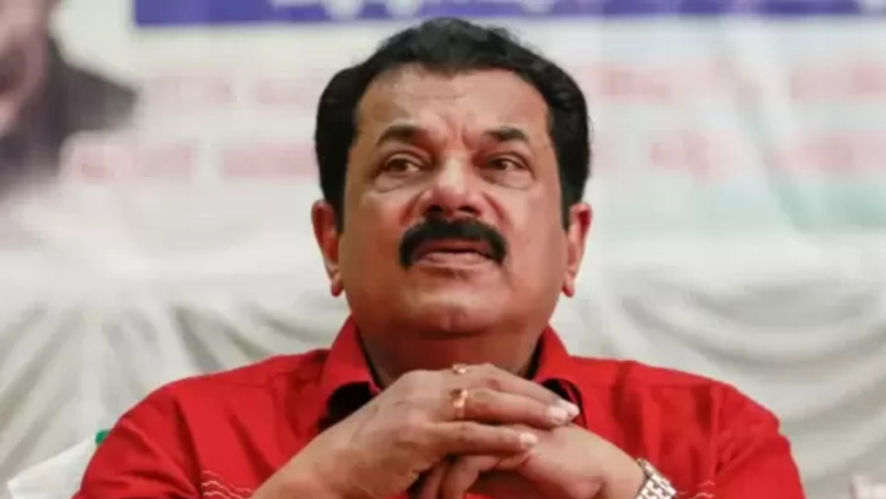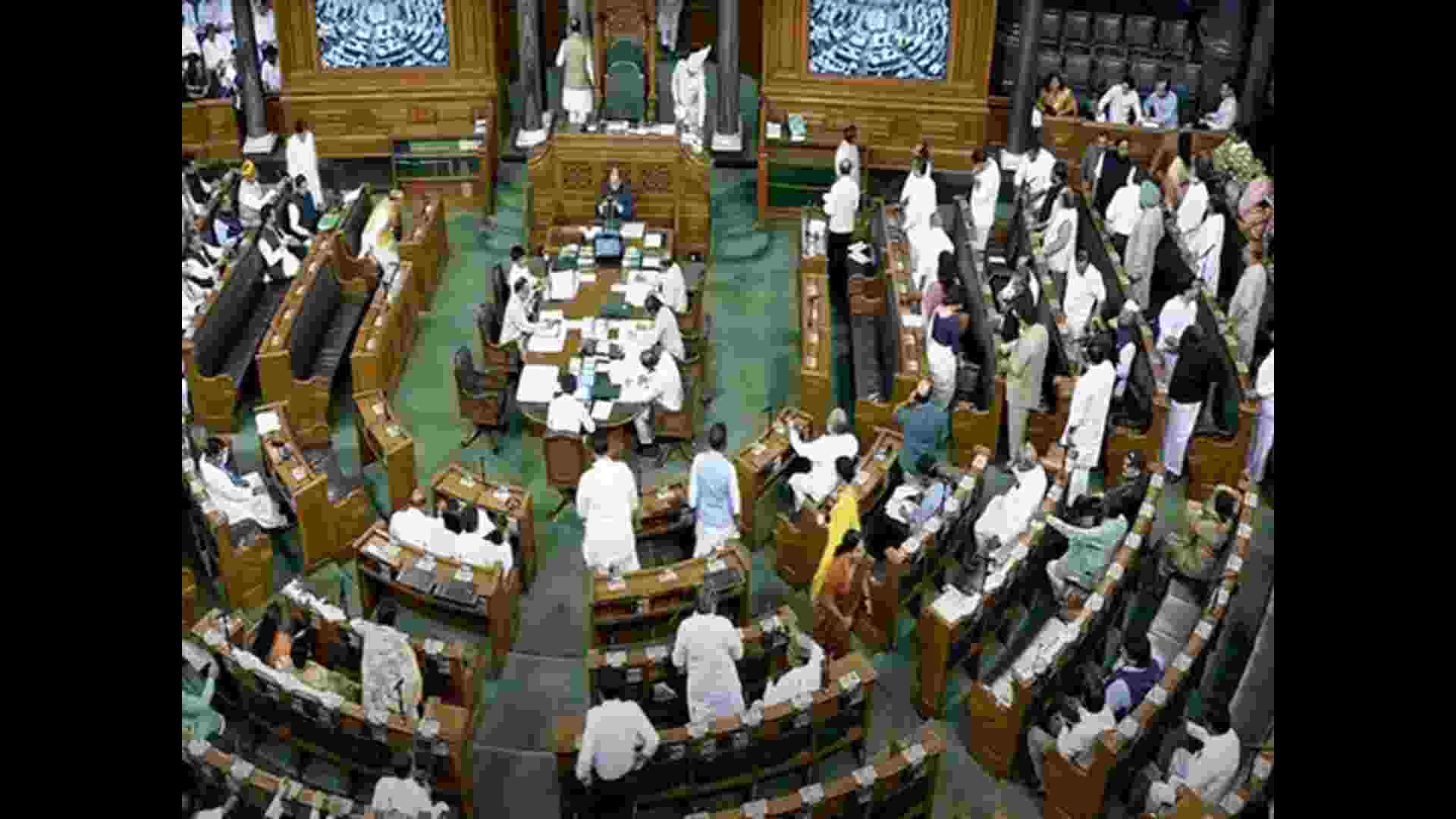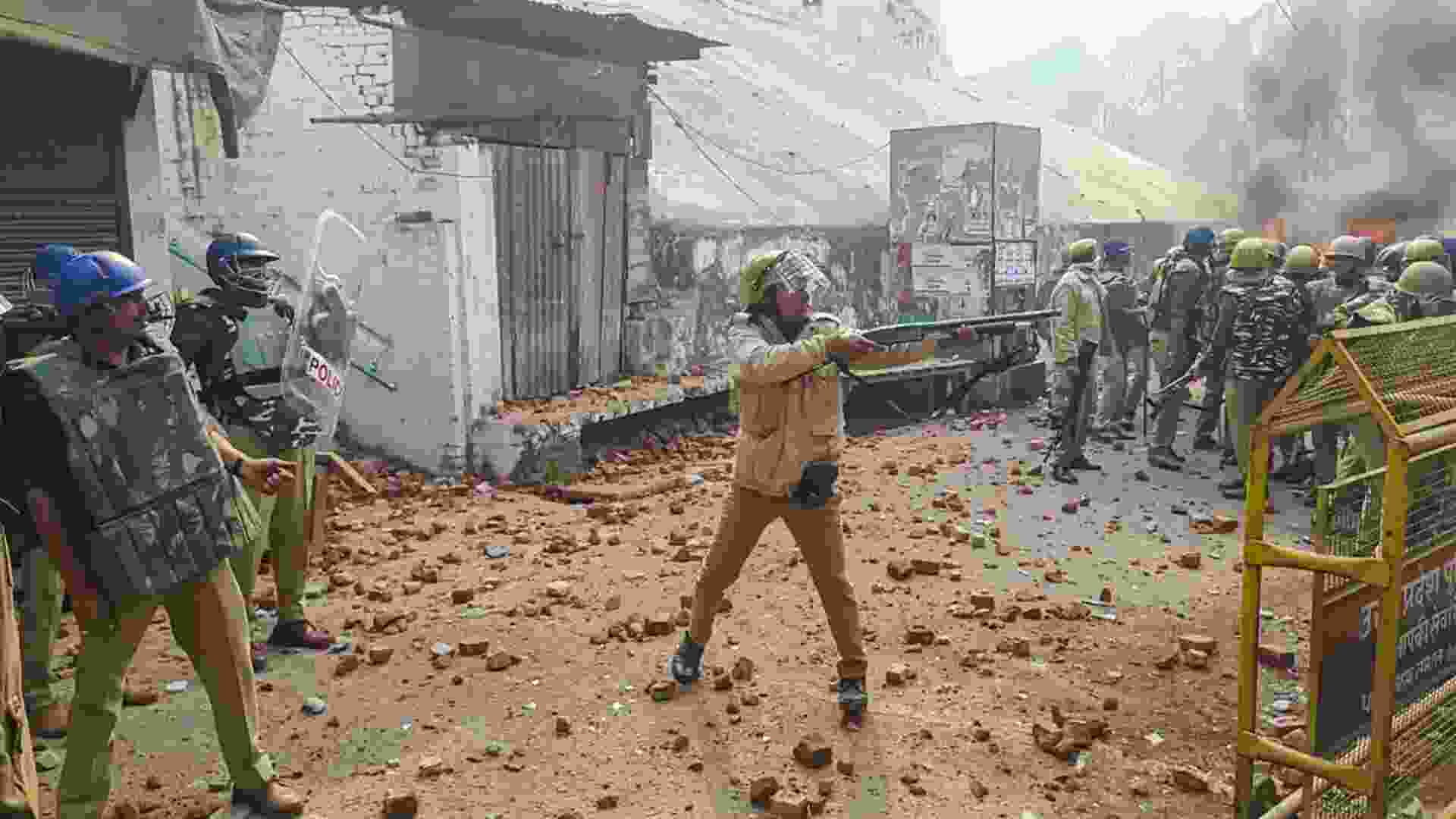
Whether it was appropriate onmy part to give advice on an issuethat was political in nature? And, whether I should have given any advice when it was not sought? — Anil Swaroop
The 1991 General Elections saw Bharatiya Janata Party secure an absolute majority. And soon I read in the newspapers that I had been appointed as Director, Information and Public Relations, Government of Uttar Pradesh, from my previous assignment as District Magistrate, Lakhimpur Kheri. My first reaction was that the newly elected BJP MP who was having trouble with me had got me shifted out.
However, with a number of congratulatory messages pouring in I soon discovered that the new position was considered to be more ‘important’. It did turn out to be an extremely sensitive position where I was to report directly to the Chief Minister (CM). Over a period of time, this provided me an opportunity to work very closely with Kalyan Singh, the Chief Minister of Uttar Pradesh.
Anyways, just a few days into my ‘new’ job I found myself at the CM’s residence briefing him about media coverage. The Chief Secretary and the Director-General of Police (DGP) were already there. An important discussion was underway regarding the Etawah by-election. The election to this constituency had been countermanded on account of mass rigging, thus necessitating the by-election.
The Chief Minister looked visibly irritated at the number of election meetings that were scheduled for the day. He was scheduled to address as many as seven rallies in the next couple of days. He was reluctant to address all the seven rallies and made no bones about it. The Chief Secretary and the DGP were not only sympathetic observing the plight of the Chief Minister, they were also nodding their heads in agreement with the views of the CM.
The CM asked his personal staff to connect him to the party office to cancel the last two rallies. I had a different point of view on the issue, though it was purely a political call. And this was at variance with what the CM had in mind. After debating mentally for a few seconds, I spoke out and gave my unsolicited advice, “Sir, I was recently District Magistrate at Lakhimpur Kheri. A lot of anticipation is associated with the visit of the Chief Minister. Hence, my suggestion is that even if it is for a couple of minutes, you may consider going there and not cancel the rallies. Cancelling the visit may not convey the right message”.
The CM, not expecting such advice, gave me an angry look and questioned, “How do you expect me to address so many rallies in a day?” Even before this cryptic question concluded, the Chief Secretary started nudging me to keep quiet. I didn’t though and carried on, “Sir, my job is to give my opinion. The final call is yours.” There was pin-drop silence for a few seconds but the nudging by the Chief Secretary continued, with greater vigour. After a pregnant pause, the Chief Minister commented, “Anil Ji, I think you are right. I should address all the rallies”. The nudging by the Chief Secretary stopped forthwith. He did a volte-face and started nodding vigorously, once again agreeing with the Chief Minister, “Yes Sir, Anil is right.”
I had forgotten this incident. It was Kalyan Singh who recalled it much later when he became Chief Minister for the second time. He was expecting me to call on him when he took the oath of office, but I was happy where I was. He then summoned me and asked me to join his Secretariat, now as Secretary. I took up the assignment but didn’t stay for long as I was picked up by the central government.
When I went to bid him adieu, he narrated this incident to me to explain why he wanted me to be a part of his Secretariat. He wanted a critic around him who could speak his mind out without bothering about the views that the Chief Minister held. However, I wondered whether it was appropriate on my part to give advice on an issue that was political in nature? And, whether I should have given any advice when it was not sought?
The whole episode also made me wonder whether it was ethical on the part of senior civil servants to necessarily concur with the decision-maker?















